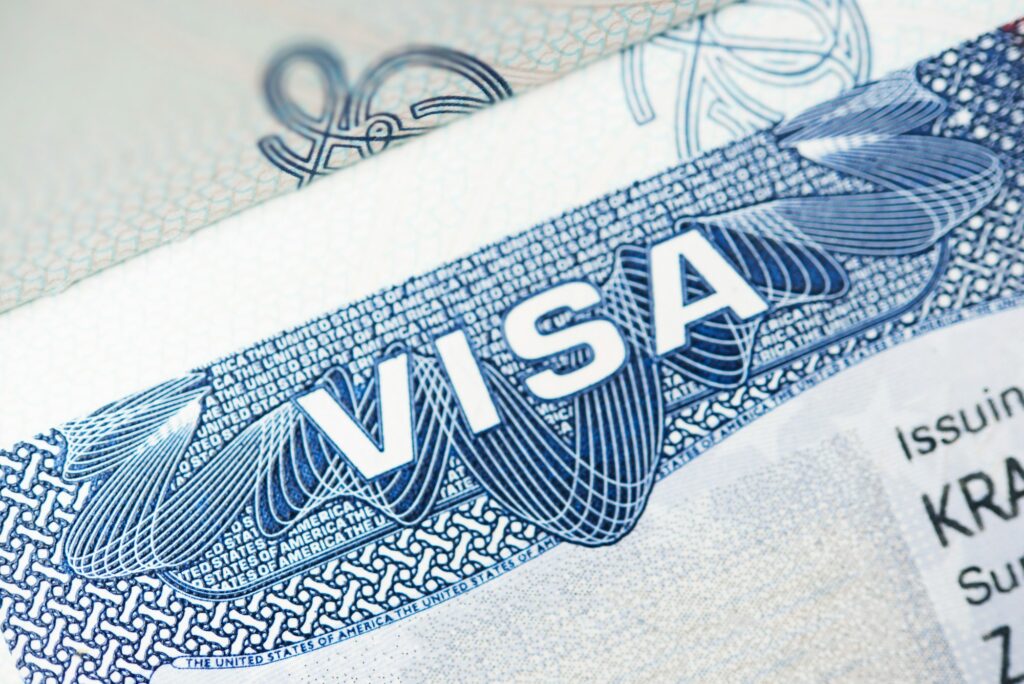Introduction
Visa fraud in Italy has taken a deeply personal and disturbing turn. Italian police have uncovered a scheme in which two Bangladeshi nationals conned a fellow countryman into paying €16,000 for a fake Schengen work visa. For a vulnerable migrant chasing the European dream, this was more than a scam—it was a betrayal wrapped in false hope.
And this case isn’t isolated. It’s part of a growing pattern of exploitation, misinformation, and desperation that fuels underground visa markets across Europe.
Key Takeaways
- Visa fraud in Italy uncovered involving €16,000 paid for fake Schengen visa.
- Two Bangladeshi nationals posed as agents promising Italian work permits.
- The victim was promised legal employment and residency—none of it existed.
- Italian authorities have warned immigrants to avoid unofficial visa channels.
- Italy has previously suspended work visas for Bangladesh due to forged documents.
The Scam: How It Worked
The victim, a Bangladeshi national, was convinced by two fellow countrymen that they could secure him a legal work visa for Italy. The catch? A hefty €16,000 upfront payment, supposedly to “cover processing and contacts”.
The promise? Legal residence, a job contract, and full access to life in the EU.
The reality? Nothing but forged documents, false hope—and a man €16,000 poorer.
This wasn’t just criminal. It was cruel. The victim was not only robbed of his money, but also of his dreams.
Why Italy Is Tightening Its Immigration Controls
🇮🇹 Italy has long been one of the primary entry points into the EU for migrants from Asia and Africa. This high demand has made it fertile ground for fraudsters.
In response, Italian immigration authorities have:
- Suspended work visa processing for nationals of countries with high fraud rates (including Bangladesh).
- Increased scrutiny on fake job offers and forged sponsorship letters.
- Issued repeated warnings to migrants about unofficial “agents” and black-market immigration services.
The message is clear: If it doesn’t go through an embassy or official channel—it doesn’t exist.
The Bigger Picture: How Exploitation Thrives on Desperation
What makes these scams successful? Desperation.
Many aspiring migrants come from low-income backgrounds. €16,000 may represent years of family savings, borrowed funds, or even debt. When someone offers a shortcut to a better life, they cling to it—even if it sounds too good to be true.
Criminals exploit this hope, and they do so fluently—speaking the same language, understanding the same cultural signals. They know exactly how to sell the dream.
How to Protect Yourself: Red Flags to Watch For
✅ Always use official immigration channels: consulates, embassies, or government-authorized visa centers.
✅ Do not pay large upfront fees to individuals promising “guaranteed visas”.
✅ Verify employment offers with the actual companies—check their existence, call them, research online.
✅ Get legal advice before signing any paperwork or transferring money.
Remember: real immigration takes time, documentation, and patience—not secret deals and shady promises.
Conclusion: A Wake-Up Call for Migrants—and Governments
This tragic story from Italy is more than just a scam report—it’s a sobering reminder of the urgent need for awareness, regulation, and protection in global immigration systems.
Governments must crack down harder on fraud networks.
Communities must educate their own about the dangers of black-market visas.
And would-be migrants must understand: the only path to real, secure immigration is through transparency and legitimacy.
Because when the dream of a better life is used as bait, the consequences are far more than financial—they are deeply human.
#Italy #VisaFraud #ImmigrationScam #SchengenVisa
Sources:










